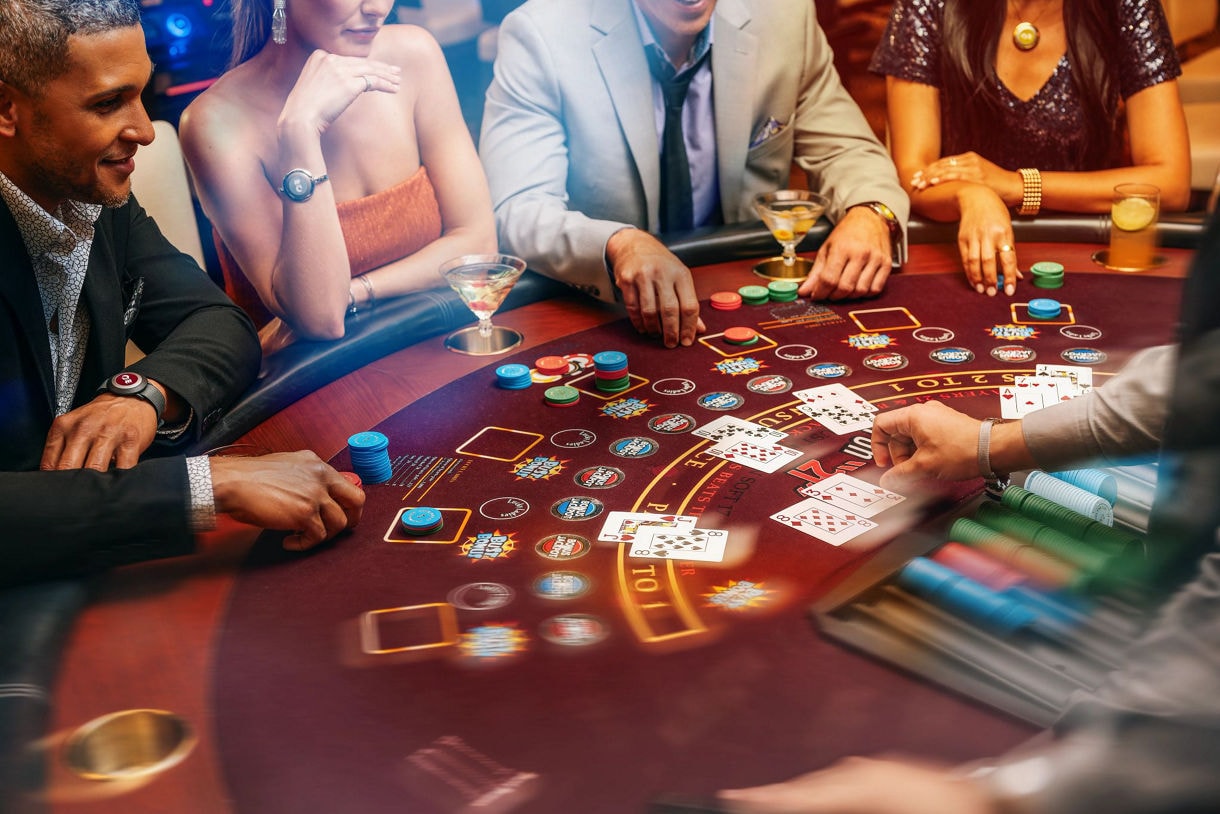Gambling and Shadow Memories: Why Players Remember Winnings Vividly and Losses Blurred
The Bright Flash and the Gentle Fade
Every gambler has a story – the jackpot they hit, the streak they rode, the bonus round that seemed endless. Ask the same player about their worst loss, and they’ll likely give a vague answer. At Nomini, where players experience thousands of bets daily, this contrast isn’t coincidence – it’s a pattern hardwired into human psychology and amplified by casino game design.
Wins burn themselves into memory like lightning flashes in a dark sky. Losses, in contrast, fade into soft shadows, half-forgotten and emotionally smoothed over. But why? And more importantly, how does this selective memory shape gambling behavior over time?
The Concept of “Shadow Memories” in Gambling
“Shadow memories” refer to events that are stored in the mind but with less clarity, emotional punch, and detail than other memories. In gambling:
- Wins = bright, high-definition mental videos.
- Losses = vague outlines, lacking narrative depth.
This asymmetry is both a psychological coping mechanism and a result of deliberate reinforcement techniques used in casino environments.
The Brain’s Natural Memory Bias
Emotional Encoding and the Amygdala
When we win, our brain releases a surge of dopamine, the “reward” neurotransmitter, and engages the amygdala – the brain’s emotional processing center. This combination strengthens memory encoding for the win.
Loss Aversion vs. Memory Storage
While humans are wired to fear losses more than they seek gains (loss aversion), the actual storage of loss events is often suppressed. This is partly due to the brain’s desire to maintain emotional equilibrium.
Why We Blur the Losses
Cognitive Dissonance Reduction
Losing contradicts the self-image of being skillful or lucky. To protect that self-image, the brain subtly alters how losses are remembered:
- Minimizing emotional detail.
- Omitting key parts of the experience.
- Reframing as “bad luck” rather than bad play.
Emotional Self-Preservation
Reliving a loss in vivid detail can be psychologically damaging, especially for repeat players. Over time, the mind learns to dull the edges of those memories.
Casino Design and Memory Shaping
Reinforcement Scheduling
Games on platforms use variable ratio reinforcement – unpredictable rewards delivered at irregular intervals – which keeps the brain primed for the next vivid win.
Sensory Amplification
- Wins trigger bright lights, celebratory sounds, animations.
- Losses often pass quietly, with minimal sensory input.
This skews the memory log: your brain feels like wins are more common than they are.
Case Study – “I Remember Every Bonus Round”
Elias, a 42-year-old online slots player, could recount the exact sequence of a win from 18 months ago – every spin, every multiplier. But when asked about a losing streak from the same week, he shrugged: “I know I lost, but it’s just a blur.”
This is the shadow memory effect in action: the brain prioritizing positive, high-arousal events over negative, low-arousal ones.
The Role of Narrative in Memory
Wins as Stories
A win has a natural beginning, climax, and resolution. It’s a story arc the brain loves to replay.
Losses as Static
Losses lack clear narrative shape – often they’re repetitive, with no emotional crescendo. Without a satisfying “story,” the brain lets them fade.
How Shadow Memories Influence Future Play
The Optimism Bias
Because wins are more vivid, players overestimate their frequency. This leads to:
- Increased willingness to place higher bets.
- Belief in being “due” for another big moment.
Selective Reinforcement Loop
The brain’s selective recall strengthens the link between gambling and reward, even when losses are statistically more frequent.
The Neuroscience Behind It
Functional MRI studies have shown:
- Win-related activity lights up both the striatum (reward center) and hippocampus (memory center).
- Losses activate the anterior insula (negative emotion center), but hippocampal activity is lower – meaning weaker memory formation.
This creates a neurochemical imbalance in how gambling sessions are remembered.
The Subtle Danger of Loss Amnesia
When losses are blurred, players:
- Underestimate total loss over time.
- Justify more frequent play.
- Fail to adjust strategies based on past mistakes.
This is why responsible gaming tools – like loss tracking and session summaries – are vital.
Can Shadow Memories Be Balanced?
Yes – but it requires conscious countermeasures:
- Detailed Loss Logging: Writing down each loss in real time to reinforce memory.
- Post-Session Reflection: Reviewing both wins and losses equally.
- Reality-Check Tools: Many platforms offer reality check pop-ups and win/loss statements.
The Industry Perspective
As a representative of online casino games, I see shadow memories as both a natural human trait and an ethical responsibility. While the thrill of the win is central to the gaming experience, responsible platforms should:
- Avoid manipulative over-amplification of wins.
- Provide tools to make losses equally visible.
- Educate players about memory bias.
The Unusual Upside of Blurred Losses
While it may sound dangerous, loss-blurring can protect mental health for casual, recreational players. It prevents rumination and allows enjoyment without emotional burnout – as long as it’s balanced with awareness.
The Fine Line Between Enjoyment and Risk
When shadow memories lead to distorted risk perception, the game changes:
- The joy of anticipation turns into compulsion.
- Players may chase “phantom wins” – emotionally remembered but statistically rare events.
Recognizing the pattern is the first step to staying in control.
Final Thoughts – Bringing the Shadows into the Light
The vividness of gambling wins and the haze of losses aren’t accidents – they’re a mix of biology, psychology, and design. Platforms can’t (and shouldn’t) change human wiring, but they can provide clarity tools so players see the whole picture.
If you gamble, pay attention to your mental highlight reel. Ask:
- How many wins can I remember?
- How many losses can I recall in equal detail?
Your answers might reveal whether your mind is playing a game of its own – one where the shadows matter as much as the bright flashes.
